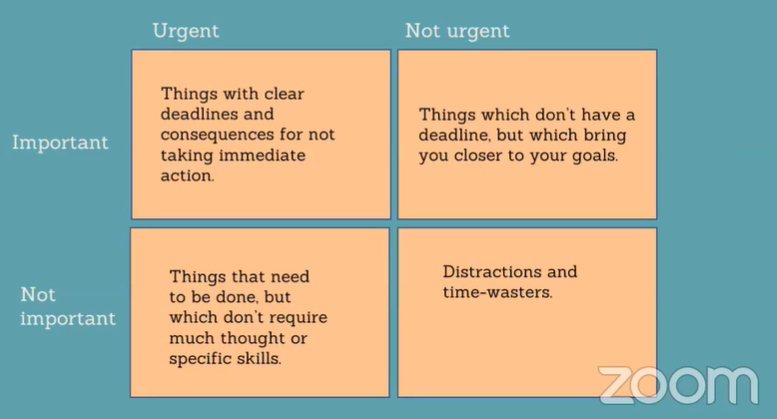Professional associations
Honourable mentions were given to TESOL-Spain, TESOL Arabia, Nile TESOL (the river not the training organisation!), IATEFL, ELT Footprint as well as groups on social media like “TEFL teachers in… Spain/Seville/etc.”
There is some excitement around the availability of online conferences but “they’re so tiring!” Some people liked taking a “podcast” approach, listening to sessions while doing other things meaning cameras and mics off. Other people preferred to be “present”, being active and taking notes.
A good manager is…
… a good listener, patient, calm under pressure, well-organised. Friendly and professional relationships with staff are appreciated and an adult/adult interaction much preferred. A good manager has vision and is a good decision-maker.
Are ex-teachers better managers? In some ways yes, they often understand teachers better but that’s not always the case.
Do managers enjoy their roles? Normally, yes, but during this COVID time, no!
Expectations and entitlement?
We shared a conversation around “traveller teachers” and “teacher entitlement” where teacher expectation was said to be unrealistically high despite a lack of long-term commitment to the school, the profession and even to the students. Other people said that teachers are often barely paid enough to cover their costs and that recently we’re all being asked to work harder and more for the same money (and in some cases less) than before. Wages have changed very little over the last few years. It was acknowledged that the situation is more and more precarious for everyone; for teachers and managers alike and we were left with the question “Is the golden age of TEFL behind us?”
(Note from Simon: This conversation was sensitive, worrying and beautiful all at the same time. I’ve never been in an environment where people from different sectors of the profession have come together as equals with no hierarchy, no sense of “us” and “them” to listen and to talk about these issues with respect. Moving beyond the binary, beyond the black and white to explore shades of grey feels so important. This is perhaps one of the special things about the TEFL Development Hub.)












